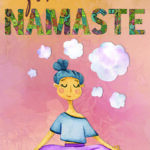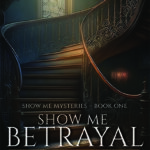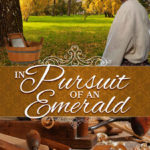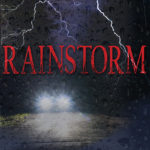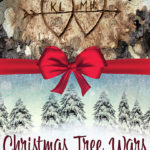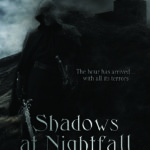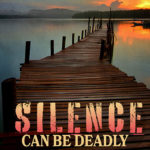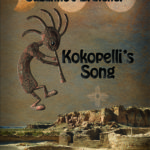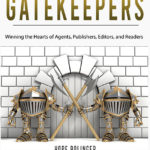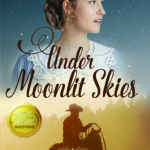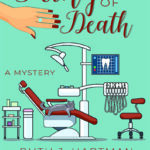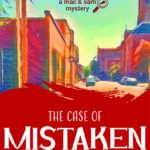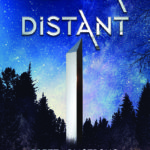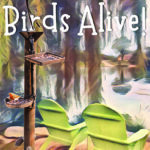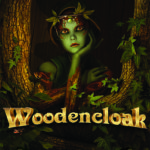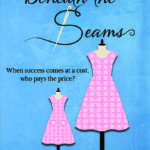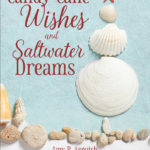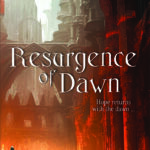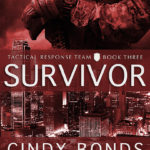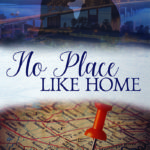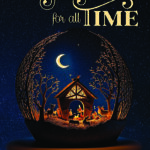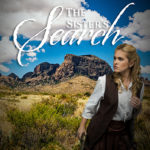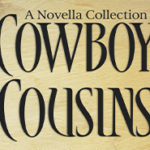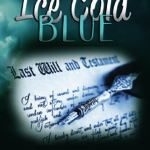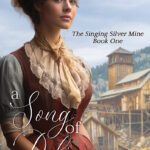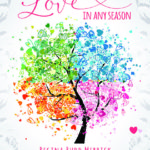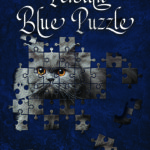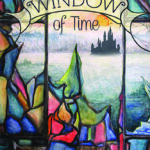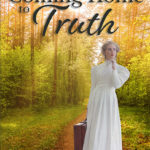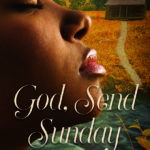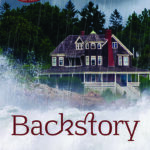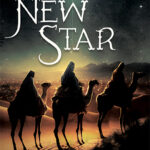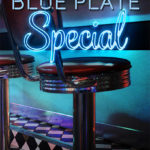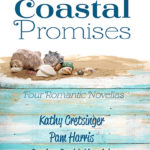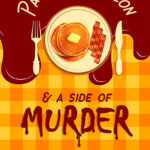 Recently, a friend and I shared a table at a craft and vendor fair. We didn’t know what to expect. We told ourselves even if we didn’t sell anything, at least we were getting our names out there. We had a good time, spoke to several people, sold some books, and gained a new perspective about our product.
Recently, a friend and I shared a table at a craft and vendor fair. We didn’t know what to expect. We told ourselves even if we didn’t sell anything, at least we were getting our names out there. We had a good time, spoke to several people, sold some books, and gained a new perspective about our product.
The tables around ours were filled with hand-crafted items ranging from brownies to candles and holiday decorations. Personally, I admired the crochet table across from us. The woman had an accurate replica of fourth doctor’s scarf from Doctor Who. Knowing I wouldn’t be able to afford it I asked the price. I shouldn’t have. Even for a huge fan, I couldn’t lay down that kind of money. I saw her at another event the next weekend, and the scarf was gone. She’d sold it that morning, full price.
That was my take-away from the fairs. I can pick up a scarf or candle at the dollar store, or I can buy one that someone has personally crafted. I’ll spend more on it, but I’ll do it anyway. Why? I know the creator of whatever I’m buying invested more in the product than the supplies to make it. A candle takes more than the cost of the jar, wax, wick, and scents. In addition to putting their passion into it, the candle maker takes time to create the perfect scent, design and label the candle jars, and mix the ingredients in the perfect way to achieve the desired results.
But what does this have to do with writing or reading? More than you think. How many times have you heard someone complain about the price of a book? How many times have you refrained from buying one because it wasn’t on sale or you didn’t have a coupon?
Forty dollars for a knit beanie is acceptable, because we know the crafter put time and energy into a quality product made by hand. Ten dollars for a hand-crafted candle is a great deal, even though you can get a candle that also burns and gives off a pleasing aroma from the dollar store for a buck. Buying things at higher prices is not only accepted but expected when you attend a craft fair, because you’re getting a personally made, hand crafted item.
The scarf lady pointed out the discrepancy between how we look at book buying and how we should look at it. While discussing how some fairs aren’t open to authors she shook her head and said, “I don’t know why not. You are crafters.” Wait a minute. She’s right. We put in hours upon hours of time crafting stories with nothing more than the raw material of our imaginations. We weave words together for others to enjoy. We pour our passion into the finished product. Discontent to put out anything of lesser quality, we rip out the stitches that don’t fit with a push of the backspace keys on our laptops. Just because we have to rely on others to package our words in a quality way doesn’t mean we haven’t crafted our book from beginning to end, using up as many of our hours if not more so than other crafters do on their products. And whether traditional or indie published, there are costs associated with the creation of our books that must be considered when we put that price tag on our work. Authors are crafters and that brings me to my points for both authors and readers.
Writers, we have to stop literally selling ourselves short. I struggled with pricing my books at the fair. I worried books at full price wouldn’t sell. I don’t think the scarf lady or the candle lady struggled with prices. They knew the worth of their creation. I followed their example, giving only a small discount for those purchasing the sets I packaged for Christmas gift giving. I was amazed when I sold out and needed to make more.
Readers, remember authors are crafters too. The regular price is usually reasonable. After all, you’re getting a hand-crafted item with a lot of time and love poured into it. Of course, there’s nothing wrong with taking advantage of a good sale either. Sometimes, you can’t afford to splurge even if a product is worth it. Authors understand, and there are other ways you can show your support.
Help promote the author. Think about giving their books as gifts. Talk with friends and family about the book you loved. Ask your local library to stock the book. Choose the book for your book club one month. Interact with the author on social media. Authors love hearing from you. And most importantly, leave reviews. Amazon and Goodreads are two of the most popular review sites. They don’t have to be complex. A simple “I liked this book because” is sufficient.
Authors and readers try to remember that writing is a craft, and the crafter’s finished work is worth its price.




